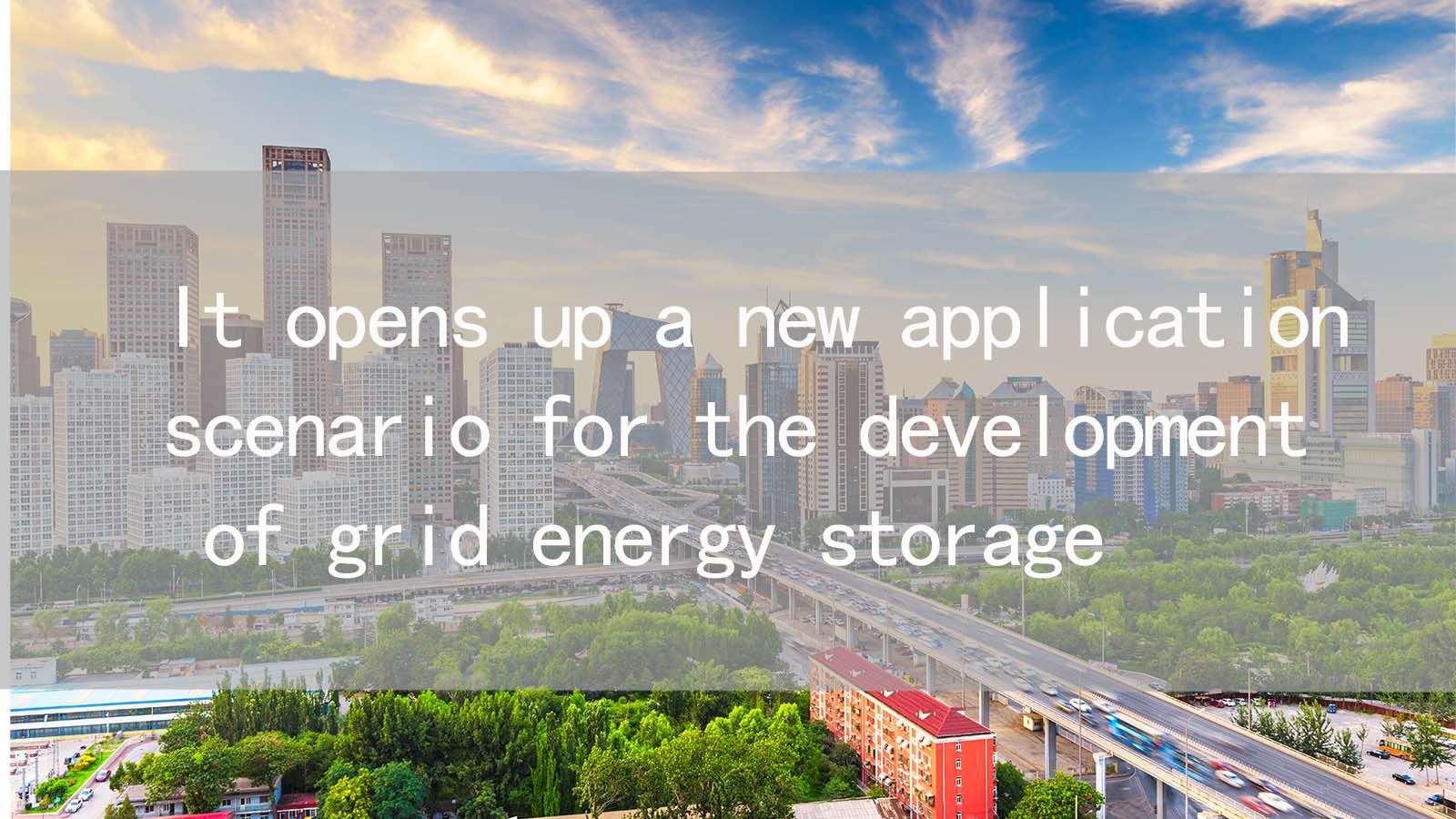Yangtze River Delta remains magnet for foreign investment
The Yangtze River Delta of China will promote high-level opening up, promote the joint development of the free trade pilot zones, implement the cooperation and joint construction mechanism of the Yangtze River Delta and the Belt and Road, and promote the construction of a world-class airport cluster.
This information was released Tuesday at a news briefing on the achievements of the integrated development of the Yangtze River Delta held in Hefei, capital of east China's Anhui Province.
Located at the lower reaches of the Yangtze River, the Yangtze River Delta region encompasses Shanghai and the provinces of Jiangsu, Zhejiang and Anhui. As one of China's most economically active, open and innovative regions, the Yangtze River Delta is sharpening its appeal to investors worldwide with multiple advantages, including a complete industrial chain, abundant talent and a sound business environment.
In the first four months of this year, 1,667 foreign-funded enterprises were set up in Shanghai, up 45.7 percent year on year, while the actual use of foreign investment reached 9.55 billion U.S. dollars, up 24.2 percent year on year.
During the same period, the actual use of foreign investment in Anhui Province increased by 39.8 percent year on year, which is higher than the national level.
On May 30, Volkswagen inked an investment agreement with Hefei to build a subsidiary with an investment of around 1 billion euros, which will serve as a research and development (R&D), innovation, and procurement center for new energy vehicles and intelligent connected vehicles.
"Headquartered in Hefei, the company with the project name of 100%TechCo will be the biggest Group facility of its kind anywhere in the world. It will combine vehicles and components R&D teams with purchasing while integrating cutting-edge technologies from local suppliers," said Ralf Brandstaetter, chairman and CEO of Volkswagen Group China, at the signing ceremony.
According to Volkswagen Group, Volkswagen has about 90,000 employees in China, nearly one-third of whom are in the Yangtze River Delta region.
In addition to the favorable business environment, the Yangtze River Delta has provided comprehensive strengths, including integrated industrial chains, innovation elements and abundant talent resources.
During his visit to Tesla Shanghai Gigafactory last week, Tesla's CEO Elon Musk praised Shanghai Gigafactory for its efficiency and quality.
The company has formed a 4-hour circle of suppliers in the Yangtze River Delta region, with components including batteries, automotive chips and automatic driving systems produced in the Yangtze River Delta. The localization rate of the Tesla Shanghai Gigafactory's parts has exceeded 95 percent, according to the company.
By 2025, the Yangtze River Delta will gradually eliminate administrative barriers, significantly reduce institutional transaction costs, and improve the international competitiveness of the business environment to the forefront of the world, according to the three-year action plan for building a world-class business environment in the Yangtze River Delta.
In May, Siemens launched its Yangtze River Delta AI lab in Suzhou, Jiangsu Province.
Zhu Xiaoxun, head of Siemens Corporate Technology China, said the Yangtze River Delta region has unique advantages in resource sharing, talent cultivation and aggregated innovation, and is becoming an important engine for the high-quality development of China's economy.
"We look forward to combining our technical expertise in the field of artificial intelligence with local industrial advantages," said Zhu.























































First, please LoginComment After ~